Schedule A Doctor Consult
Appointments with patient-recommended practitioners can help create a personalized care plan and get your health on track!
Find a Doctor!Practitioners and the latest research indicate these best practices to screen for a thyroid disorder. A thorough intake and exam should begin with the following:

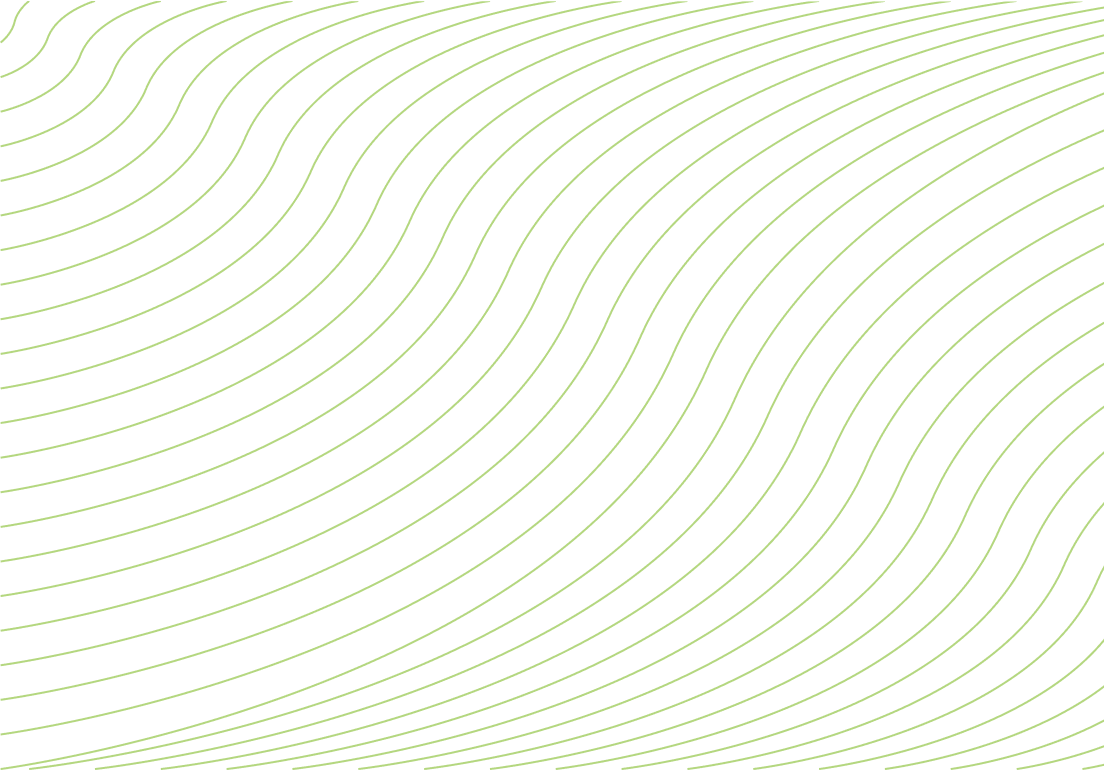
The Thyroid Stimulating Hormone (TSH) test is often considered the diagnostic ‘gold standard’ of thyroid hormone imbalance. A TSH level above or below the “normal” range is required by some medical professionals before initiating a treatment plan with the goal of keeping the TSH level within this range. However, the TSH test does not reveal cellular hormone status, rather, it measures pituitary gland function. Research continues to demonstrate that the TSH test is not a sufficient measure of overall thyroid function and can be unreliable [1-6, 23]. Therefore, patients with a thyroid hormone imbalance, clear symptoms, and an “in-range” TSH level may not be properly diagnosed or treated if a medical professional relies on the TSH lab test exclusively.
The Free T3, Free T4, Reverse T3, and various thyroid antibody lab tests provide a much better picture of thyroid hormone cellular status and possible immune system dysfunction [4,6]. Through these tests, medical professionals are discovering more about the hypothalamic-pituitary-thyroid (HPA) axis and tissue regulation of thyroid hormones [4,7-8]. See the thyroid panel descriptions below and learn about how your body utilizes thyroid hormone, and how these tests reveal a window into your overall health.
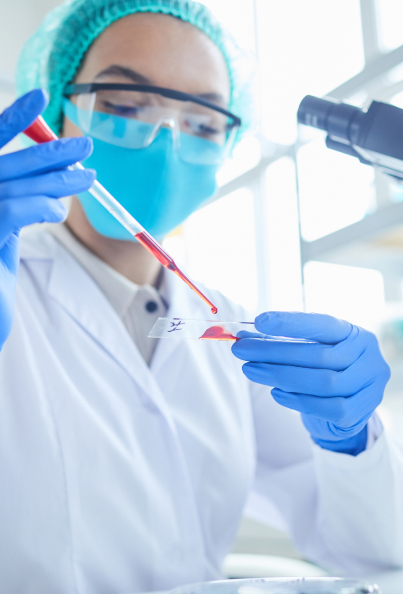
The following labs are the basics for monitoring thyroid hormone status, or for any patient exhibiting symptoms. A normal, in-reference-range result can still leave many patients symptomatic. Therefore, we have researched the optimal ranges from integrative practitioners who specialize in hormone imbalance and are listed below. These are ranges where most patients find symptom resolution.
As you are determining your correct dose, labs should be tested every 4-6 weeks. Once optimal, testing every 6 months is recommended. For the most consistent and accurate results, testing should always be done in the morning prior to taking food and your thyroid medication [32, 47].
Order Your Own Thyroid Labs At 25% Off With LetsGetChecked!Measures the amount of thyroid stimulating hormone that is produced by the pituitary gland to activate the thyroid gland to produce thyroid hormones. Does not measure thyroid hormone available to the cells.
| 2.0 or lower | K. Holtorf, MD |
|---|---|
| 1.0 - 2.0 | A. Myers, MD |
| .5 - 1.5 | D. Borenstein, MD |
Measures the amount of unbound (or free) T3 hormone levels within the cells. This is the most active form of thyroid hormone and is responsible for metabolism in all cells. Markers below the optimal range are grounds for possible hypothyroidism. Elevated levels are grounds for hyperthyroidism [25]
| 3.2 or higher | K. Holtorf, MD |
|---|---|
| 3.2 or higher | A. Myers, MD |
| 3.2 - 4.2 | D. Borenstein, MD |
Measures the amount of unbound (or free) T4 hormone levels. T4 is not as biologically active as T3, but acts as the necessary “storage” hormone to convert to T3. Markers below the optimal range are grounds for possible hypothyroidism. Elevated levels are grounds for hyperthyroidism [25].
| 1.3 or higher | K. Holtorf, MD |
|---|---|
| 1.1 or higher | A. Myers, MD |
| 1.3. - 1.8 | D. Borenstein, MD |
A marker for the inhibition of T3 uptake into the cells and/or a marker of increased T4 to Reverse T3 formation. Reverse T3 can compete at the receptor site with T3 (the “active” hormone) causing cellular hypothyroidism and resulting in symptoms [4, 9-10, 11-14].
| <24 ng/dL | K. Holtorf, MD |
|---|---|
| <15 ng/dL | W. Childs, DO |
| <15 ng/dL | D. Borenstein, MD |
Markers to help determine if the patient has an autoimmune thyroid disease such Hashimoto’s thyroiditis. Clinical reports have noted that antibodies can be elevated despite a ‘normal’ TSH, thus warranting treatment [15-17].
Markers to help determine if the patient has an autoimmune thyroid disease such as Graves’ disease. Clinical reports have noted that antibodies can be abnormal despite a ‘normal’ TSH, thus warranting treatment [15-17].
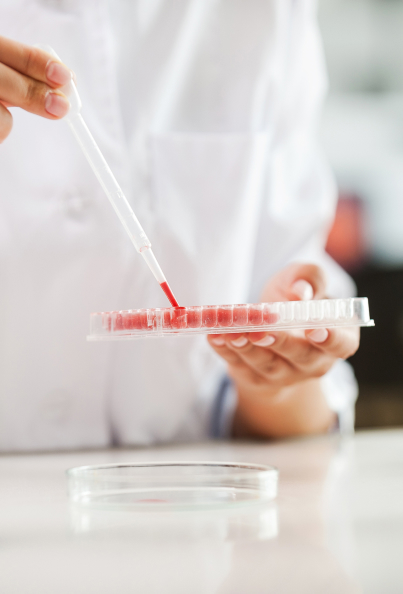
Thyroid disease is often concurrent with certain vitamin and mineral deficiencies as well as imbalances with cortisol and sex hormones. Infections such as Candida and Epstein-Barr Virus can also be present and affecting thyroid function. It is common to have any one of these manifestations which may impact your body’s immune response as well as utilization and cellular status of thyroid hormone.
The following tests are highly recommended with the full thyroid panel listed above. Always consult with a health care practitioner before supplementing.
Order Other Essential Labs At 25% Off With LetsGetChecked!Comprehensive Metabolic Panel (CMP) measures glucose levels, electrolyte and fluid balance, kidney and liver function which are important for assessing general chemical balance and metabolism.
The Complete Blood Count (CBC) assesses the type and number of cells in the blood, especially red blood cells, white blood cells and platelets. A CBC may help to diagnose conditions such as anemia, infections, among others.
Comprehensive Metabolic Panel (CMP) measures glucose levels, electrolyte and fluid balance, kidney and liver function which are important for assessing general chemical balance and metabolism.
Vitamin D3 (25-hydroxyvitamin D) plays a critical role in immunity. Patients who are deficient in Vitamin D are more likely to have elevated thyroid antibody tests [18-19].
| 60-70 | K. Holtorf, MD |
|---|---|
| 60-80 | I. Wentz, PharmD |
| 50-80 | A. Romm, MD |
Iron is one of the most common deficiencies seen in thyroid patients and is important for thyroid hormone conversion and the utilization of iodine [33].
| Reference Range Example | Optimal Range | |||||||
|---|---|---|---|---|---|---|---|---|
40-190 mcg/dL
Total Serum Iron |
mid-range | W. Childs, DO | ||||||
11-50%
% Saturation |
35-38% | W. Childs, DO | ||||||
250 - 450 mcg/dL
Total Iron Binding Capacity |
mid-range | W. Childs, DO | ||||||
10 - 232 ng/mL
Ferritin (iron storage) |
|
|||||||
Adrenal dysfunction often accompanies thyroid problems. Cortisol can decrease TSH, lowering thyroid hormone production. It can also inhibit the conversion of T4 to active T3, and can increase the conversion of T4 to reverse T3 [26-27, 35].
Iodine is a critical and required nutrient for proper thyroid function since it is one of the building blocks of thyroid hormone. Without enough, the thyroid can’t produce adequate T1, T2, T3, and T4 [42].
Click here for other iodine testing methods, such as the urine loading test.
Do not supplement with iodine unless you are deficient. It is suggested to take zinc and selenium along with iodine [46].
DHEA is a steroid hormone secreted mainly by the adrenal glands. There is also a sulfated form called DHEA-S. DHEA is a precursor to sex hormones and low levels are often seen thyroid patients. DHEA affects the immune system, inflammation levels, as well as insulin sensitivity, blood flow, and cognitive function [48].
Serum and saliva testing are both available. Serum DHEA is protein bound, while saliva tests measures the free form of DHEA.
SHBG should increase proportionally with thyroid medication. If not, thyroid resistance might be occurring. [41]. >70 is the optimal level for women when estrogen levels are adequate [38].
The hormones of the body are an interrelated orchestra. If one hormone level is not optimal, this could affect other hormone levels, including thyroid hormone. A sex hormone panel should include:
Chronic infections cause irregularities of the immune system which makes it less able to fight foreign invaders, but more likely to attack the body. Chronic infections are often seen in autoimmune thyroid patients and should be tested to screen for infectious root causes [45].
DISCLAIMER: The information contained on the website and social media pages of ThyroidChange is for general information only and is not intended or implied to be a substitute for professional medical advice, diagnosis or treatment. ThyroidChange, Denise Roguz, guest writers, and partners are not responsible or liable for any advice or course of treatment that visitors choose to embark on. Please consult with your own health care practitioner regarding information or consults obtained through ThyroidChange or Denise Roguz. All material presented on this website is intended to be used for educational purposes only.
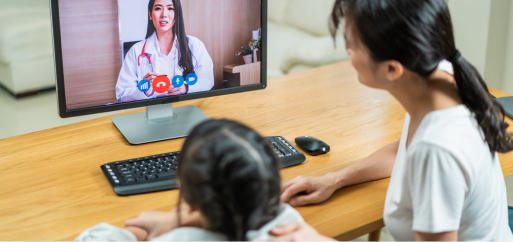
Appointments with patient-recommended practitioners can help create a personalized care plan and get your health on track!
Find a Doctor!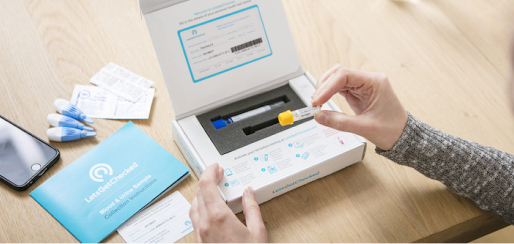
Through various labs, you can order essential labs beyond TSH for 25% off with the code "ThyroidChange".
Order Thyroid Labs!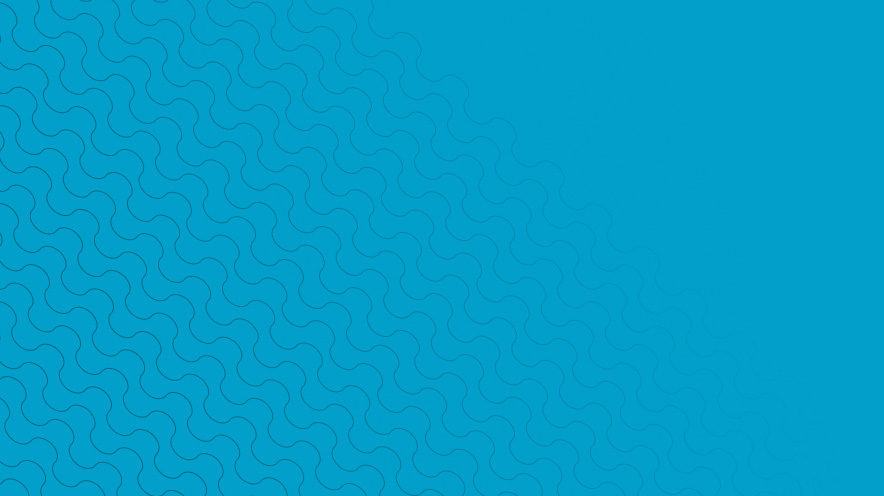
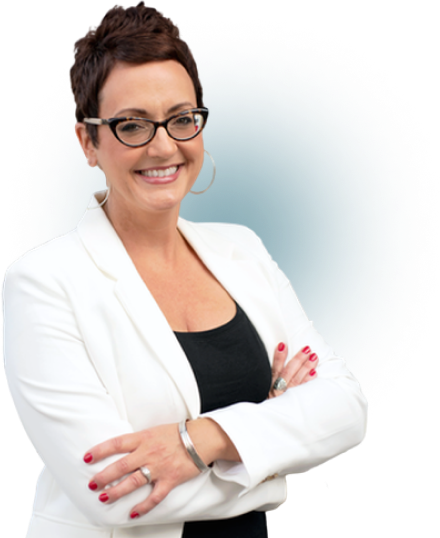
As a patient advocate, I can guide you on your journey, make information more understandable, and help you find a great doctor.
Book a 30-Minute 1-on-1 consultation for $60
Work With Me!